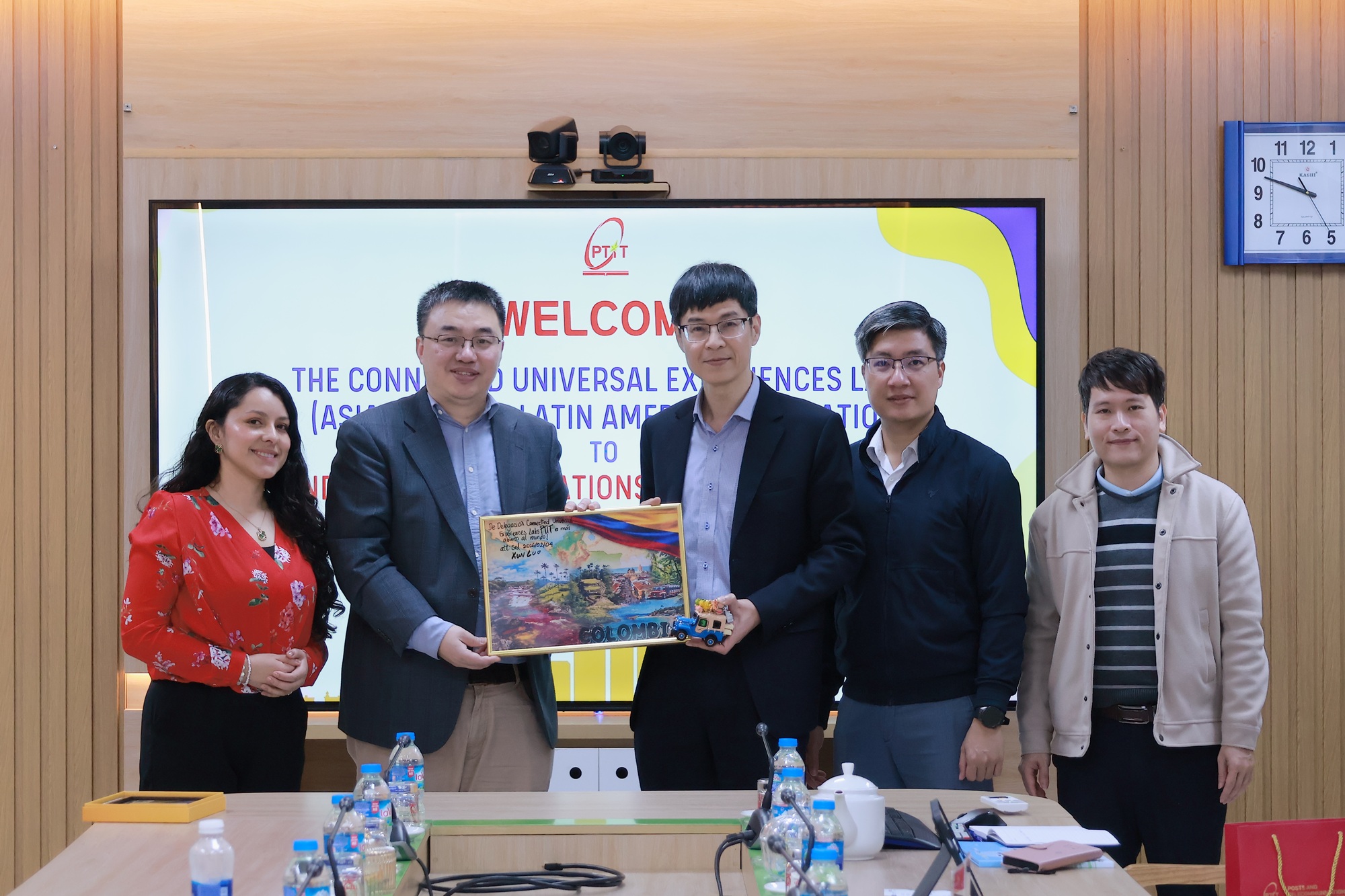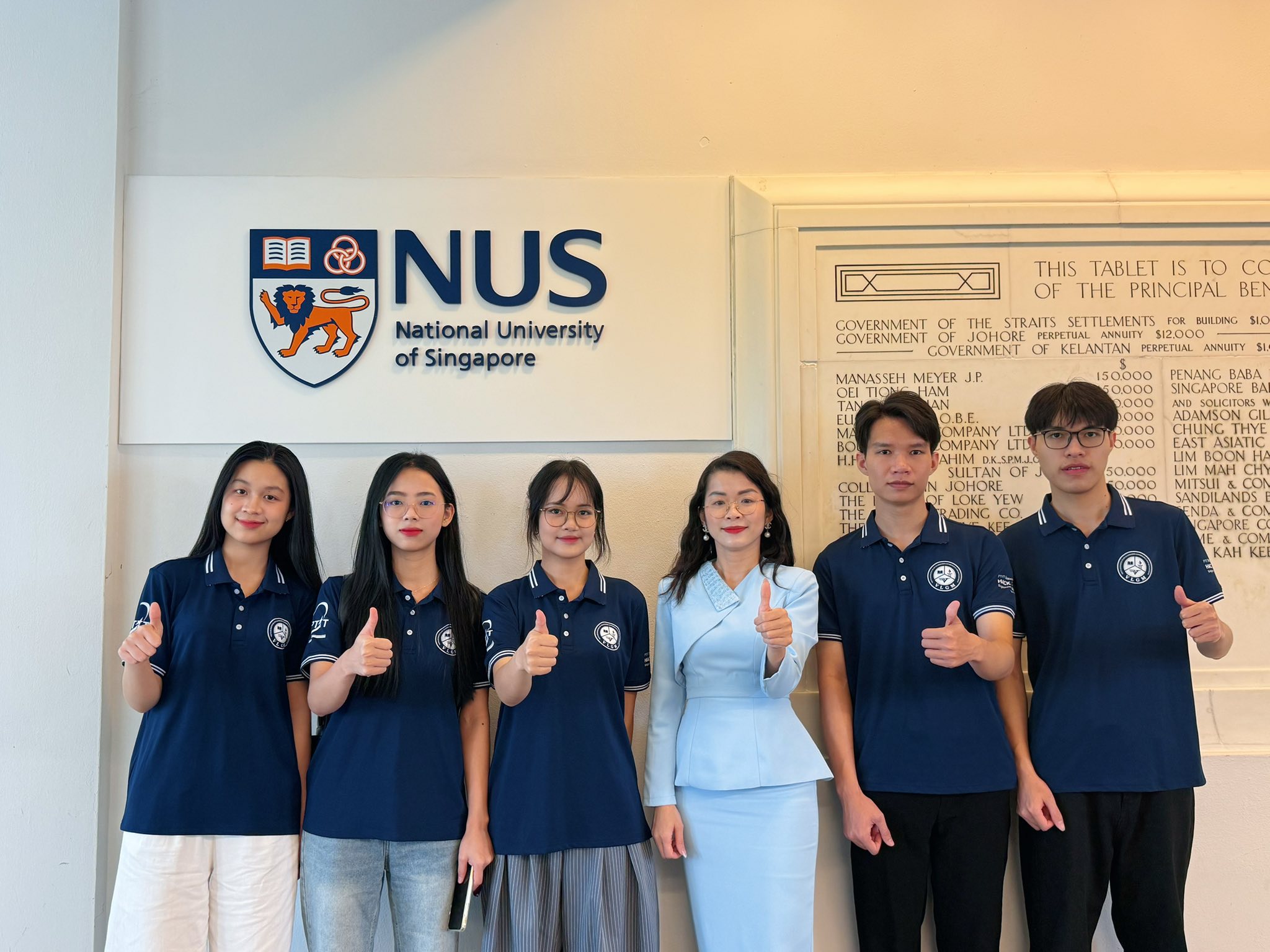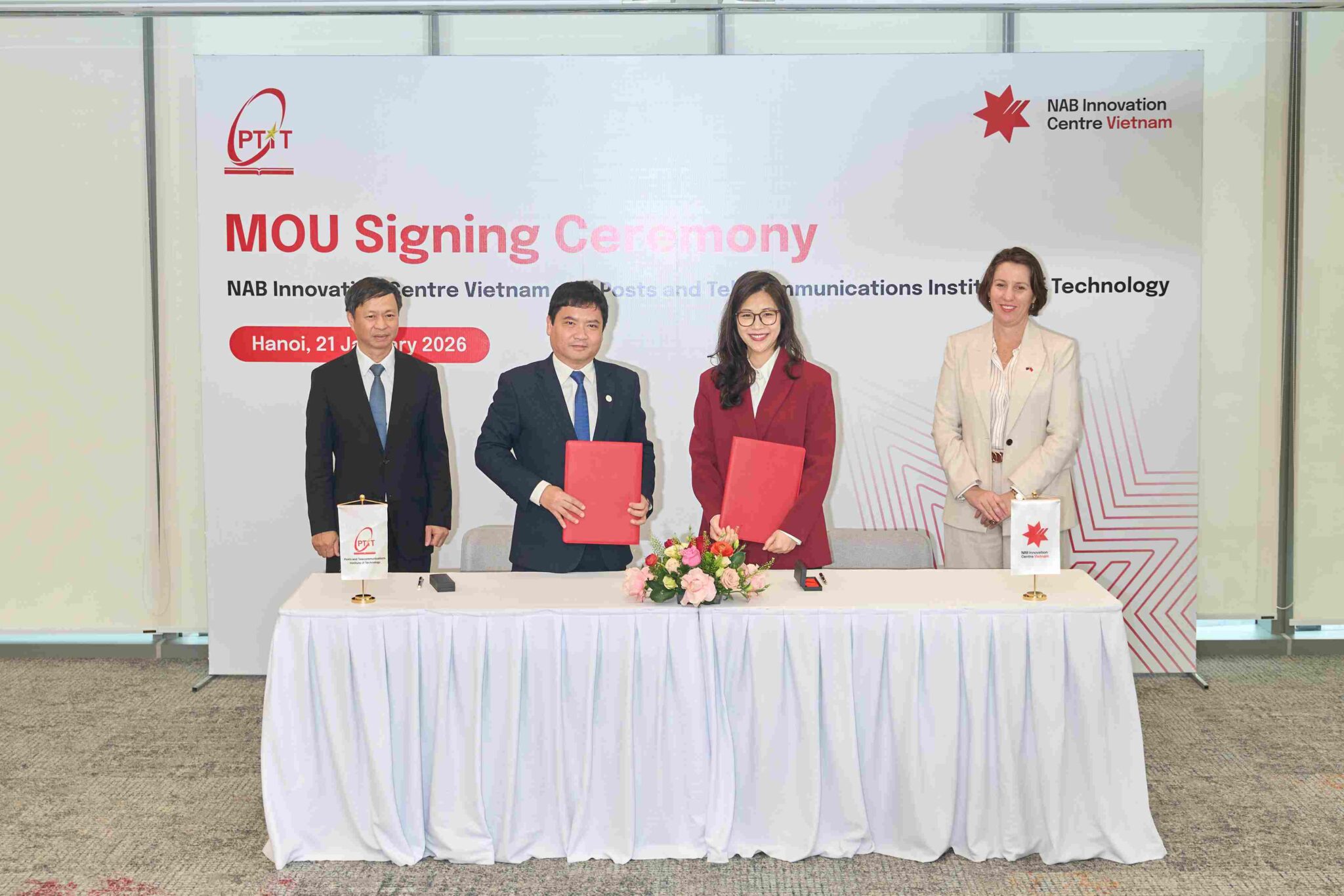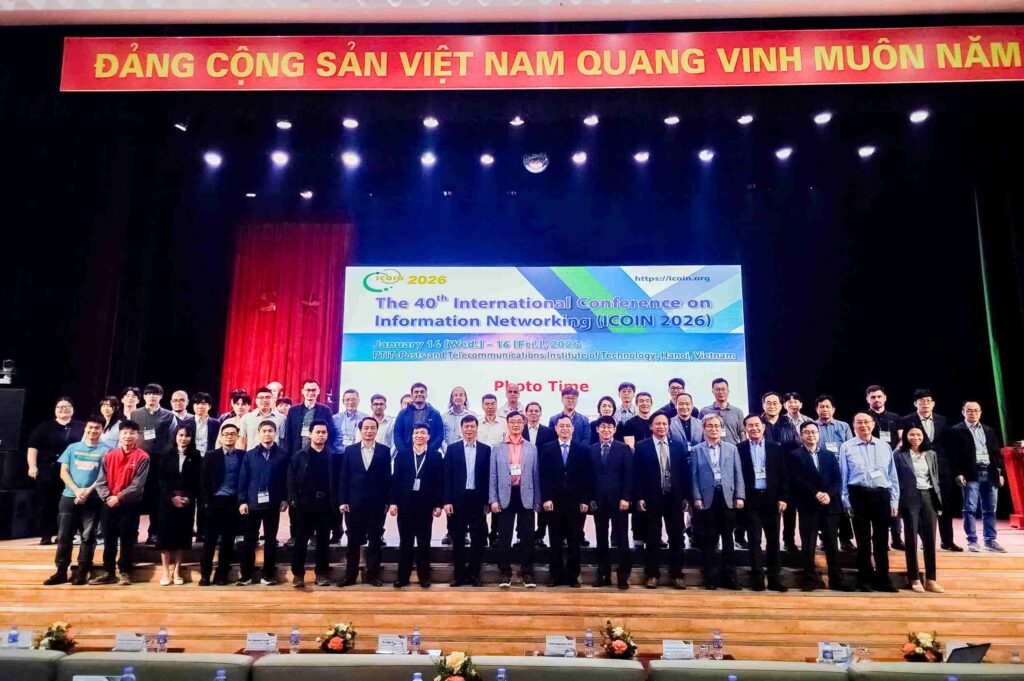The Posts and Telecommunications Institute of Technology (PTIT) has successfully concluded its flagship project, “Agricultural IoT Based on Edge Computing”, marking a milestone in the advancement of smart agriculture across Southeast Asia. The final meeting, held in Da Lat, Vietnam, brought together leading experts, researchers, and industry partners from ASEAN countries and Japan to review outcomes, share knowledge, and shape future collaborations in agricultural innovation.

The initiative has underscored PTIT’s leadership in applying frontier technologies such as the Internet of Things (IoT) and edge computing to tackle critical regional challenges, including food security, efficient resource management, and climate resilience. By enabling on-site data processing, edge computing reduces latency and empowers farmers to make informed, real-time decisions. The integration of IoT sensors, automated control systems, and AI-powered analytics has demonstrated tangible benefits for crop health, productivity, and resource efficiency.
The project structured its activities around three core objectives: advancing technological solutions, strengthening cross-border collaboration, and building capacity for smart agriculture in the region. Research teams from ASEAN countries presented findings on diverse and impactful topics, including: methods for combining microclimate data systems with LED lighting to optimize tomato greenhouse cultivation; real-time deep learning solutions for UAV-assisted plant health monitoring in rock melon farming; visual-inertial positioning systems for drones in precision agriculture; empowering IoT with privacy-enhancing technologies; smart fertigation IoT innovations for rock melon farming. Collectively, these presentations showcased both the technological advancements achieved and the practical challenges encountered, reinforcing the project’s role in bridging research and real-world agricultural applications across the region.
A highlight of the Da Lat meeting was a field visit to a local tomato farm, where agritech company Mimosatek has deployed IoT-enabled smart farming solutions. Participants observed real-time sensor data collection, automated fertigation systems, and predictive analytics in practice. The hands-on engagement allowed researchers and farmers from different countries to exchange insights on agricultural methods, data utilization, and cross-border applications. Conversations with the farm owner offered valuable perspectives on both the benefits and challenges of adopting smart farming technologies.
Project partners—including PTIT (Vietnam), Universiti Teknologi Malaysia (UTM), the National Institute of Information and Communications Technology (NICT, Japan), and the National Electronics and Computer Technology Center (NECTEC, Thailand)—have expressed strong commitment to extending their collaboration. Building on the foundation of this project, future research will focus on developing AI-driven pest and disease prediction models for early detection and intervention, integrating blockchain technologies to ensure transparency and traceability in agricultural supply chains, and designing energy-efficient IoT networks to support remote and off-grid farms, particularly those relying on solar power.
Through its leadership of this ASEAN IVO project, PTIT has not only advanced the technical frontier of agricultural IoT but has also positioned itself as a regional driver of digital transformation in agriculture. By combining cutting-edge research, regional collaboration, and practical field deployment, the project has brought ASEAN one step closer to a future where smart farming technologies ensure sustainable food production, resilient farming systems, and stronger regional cooperation in the face of climate change.







